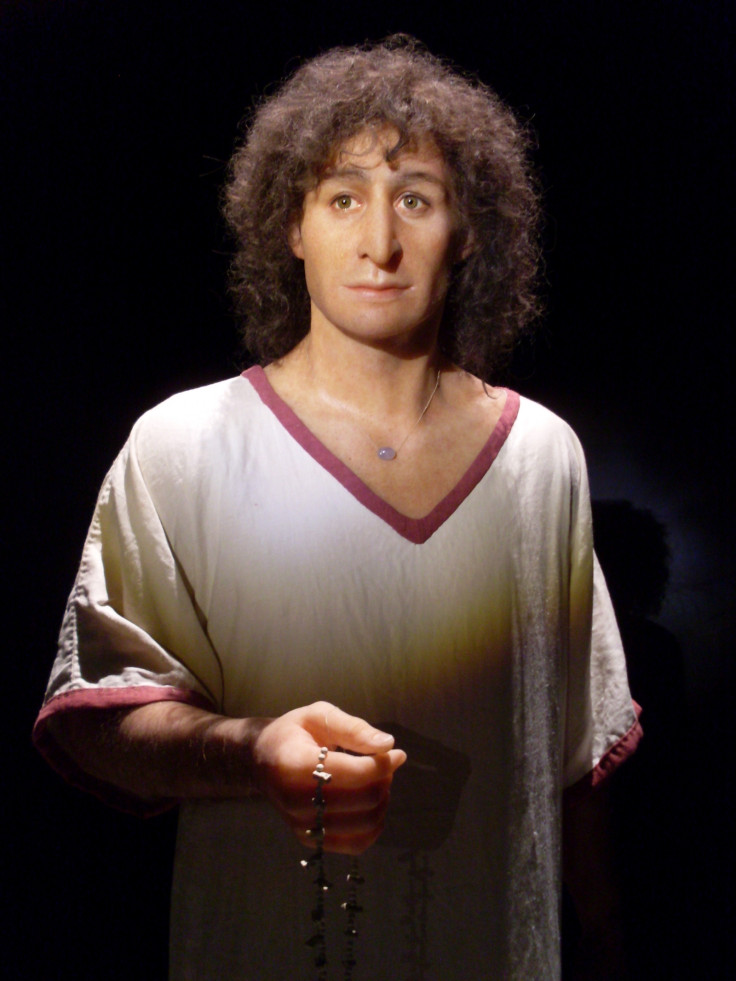Phoenician 'Young Man of Byrsa' found in Carthage had European ancestry, ancient DNA reveals

A Phoenician man who lived in Carthage more than 2500 years ago had European ancestry, scientists have said. An analysis of his DNA has revealed he belongs to a rare European haplogroup - a genetic group with a common ancestor.
Though Phoenicians have a rich written history, their home cities in Lebanon and Syria have rarely been subjected to archaeological excavations, so not much is known about where they came from.
The latest study, published in journal PLOS ONE, sheds a new light on the origins of this population - one of the great early civilisation of the Mediterranean during the second and third millennium BCE.
Maternal ancestor in Europe
The research team sequenced the complete mitochondrial genome of the 2500-year-old Phoenician man known as the "Young Man of Byrsa" or "Ariche". This young male was found buried on Byrsa Hill, in the city of Carthage (Tunisia). His ancient DNA is the first to be obtained from Phoenician remains.
The scientists discovered he belonged to a rare European haplogroup called U5b2c1. This likely links his maternal ancestry to regions under Phoenician influence on the North Mediterranean coast or the Iberian Peninsula.
"U5b2cl is considered to be one of the most ancient haplogroups in Europe and is associated with hunter-gatherer populations there. It is remarkably rare in modern populations today, found in Europe at levels of less than one percent", lead author Elizabeth Matisoo-Smith says.
"Interestingly, our analysis showed that Ariche's mitochondrial genetic make-up most closely matches that of the sequence of a particular modern day individual from Portugal".
European traces in Africa
The discovery is also interesting because it provides the earliest evidence of a European mitochondrial haplogroup in North Africa.
Previous research has found haplogroup U5b2cl in the remains of two ancient hunter-gatherers recovered from an archaeological site in north-western Spain. The researchers believe their lineage remained in the lands north of the Mediterranean, even after Phoenicians arrived. Their descendants then ended up in the north of Africa.
"While a wave of farming peoples from the Near East replaced these hunter-gatherers, some of their lineages may have persisted longer in the far south of the Iberian peninsula and on off-shore islands and were then transported to the melting pot of Carthage in North Africa via Phoenician and Punic trade networks."
© Copyright IBTimes 2025. All rights reserved.






















